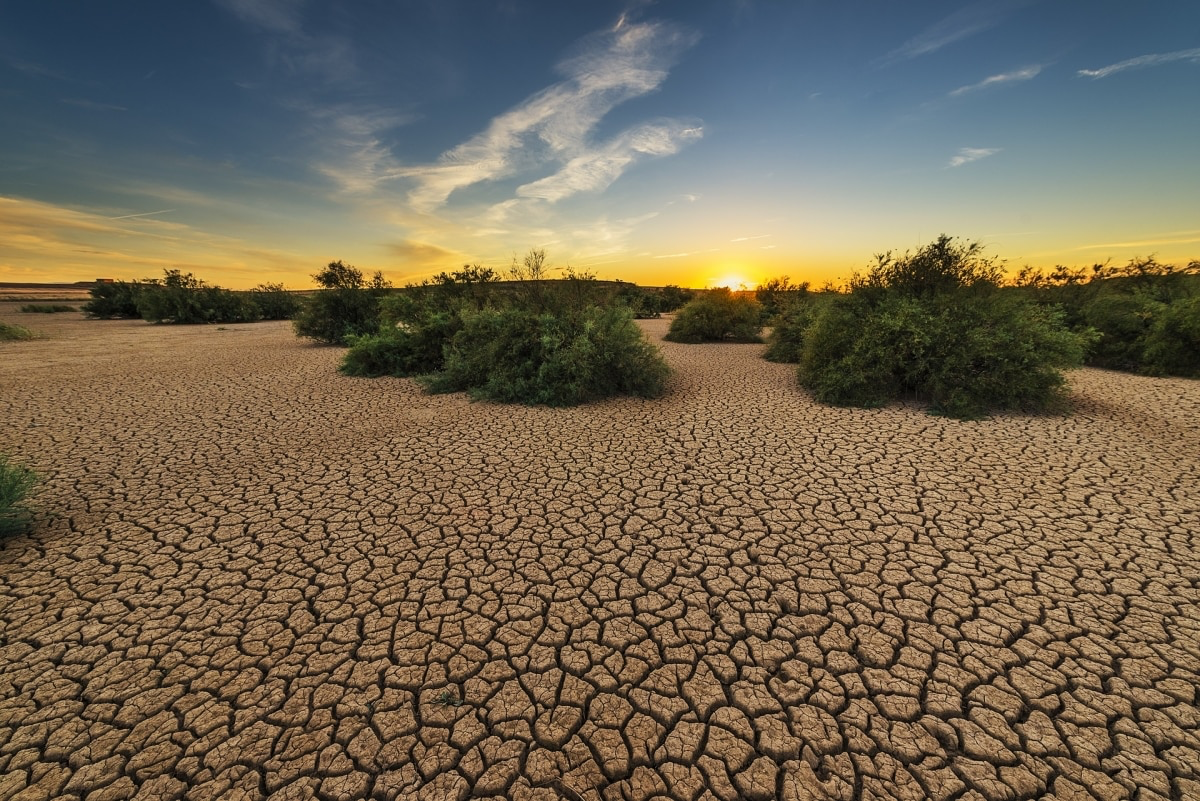
Disclaimer: Copyright infringement not intended.
Context: Significance of ensuring women's ownership and inheritance of land in the context of combating desertification.
Details: Women are disproportionately affected by the consequences of desertification, including food and water scarcity and forced displacement. Despite women comprising nearly half of the world's agricultural workforce and producing a significant proportion of food in developing countries, they face limited access to natural resources, financial services, technology, and other resources compared to men.
Unsustainable Agriculture and Land Degradation
- Noting that unsustainable agriculture is a primary cause of land degradation, eroding soil at a rate that exceeds natural restoration.
- Emphasizing that 40% of the world's land is currently degraded.
Gender Inequality in Land Ownership
- Pointing out that women suffer the most from the consequences of desertification, including food and water scarcity and forced displacement.
- Highlighting the disparity in land ownership, where only a fifth of landowners worldwide are women.
- Explaining that women face limited access to natural resources, financial services, technology, and other resources compared to men.
Role of Women in Agriculture and Food Production
- Citing the United Nations Convention to Combat Desertification (UNCCD), which states that women make up nearly half of the world's agricultural workforce and produce up to 80% of food in developing countries.
Inequality in Inheriting Property
- Noting that women in over 100 countries are prevented from inheriting their husband's property, further exacerbating gender inequality in land ownership.
Benefits of Gender Equality in Land Rights
- Presenting an analysis by the global soil health protection body that demonstrates the benefits of land rights equality for women.
- Showing that equal land rights for women could lead to a 4% increase in agricultural production in the poorest regions and a 12-17% reduction in malnourishment, benefiting 150 million fewer hungry people globally.
Lack of Gender Focus in LDN Targets
- Revealing that as of 2019, only around 20 out of more than 80 countries had included discussions on the role of gender and women in their LDN targets.
- Noting the adoption of the Gender Action Plan by some countries but acknowledging the need for greater attention to gender mainstreaming in LDN efforts.
International Efforts and Campaigns
- Highlighting the Gender Action Plan established by UNCCD during COP13 in 2017, mandating gender mainstreaming in LDN targets.
- Discussing the "Her Land. Her Rights: Advancing Gender Equality and Land Restoration Goals" campaign launched by UNCCD on International Women's Day in March 2023.
- Mentioning the global observance events planned to promote the campaign and raise awareness about the importance of women's land ownership.
Key Participants and Advocates
- Listing world leaders, gender equality champions, and influential figures participating in the observance events.
- Notable individuals include Prime Ministers, UNCCD Goodwill Ambassadors, musicians, and indigenous and youth activists from various countries.
Benefits of Women's Land Ownership
- Highlighting that women's land ownership leads to investments in family nutrition, health, and education, benefiting society as a whole.
|
PRACTICE QUESTION
Q) Insecure land tenure affects the ability of people and communities to fight climate change, which is further endangered by land degradation. Discuss. (250 words)
|

https://www.downtoearth.org.in/news/governance/world-desertification-day-2023-granting-equal-land-rights-to-women-can-reduce-world-hunger-significantly-says-un-90070




